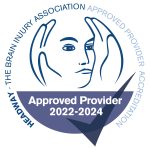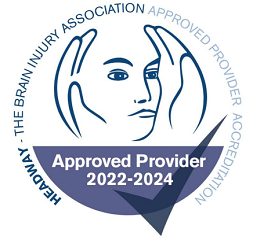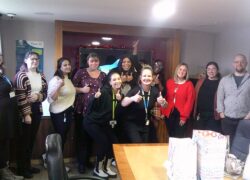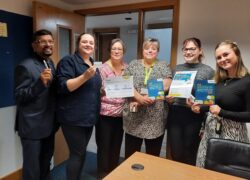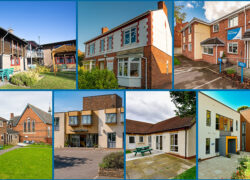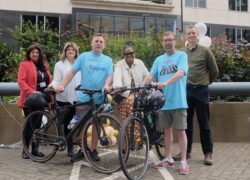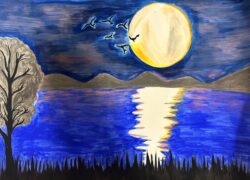Gender: Male
Age: 18+
Beds: 20
Our focus is on creating an environment that engages our service users and sets the tone for recovery. Cygnet Heathers has been designed and equipped with an all-integrated physical environment to aid our service user’s neurobehavioural rehabilitation process. Our specifically designed environment assists the men to manage visual, spatial and perceptual difficulties.
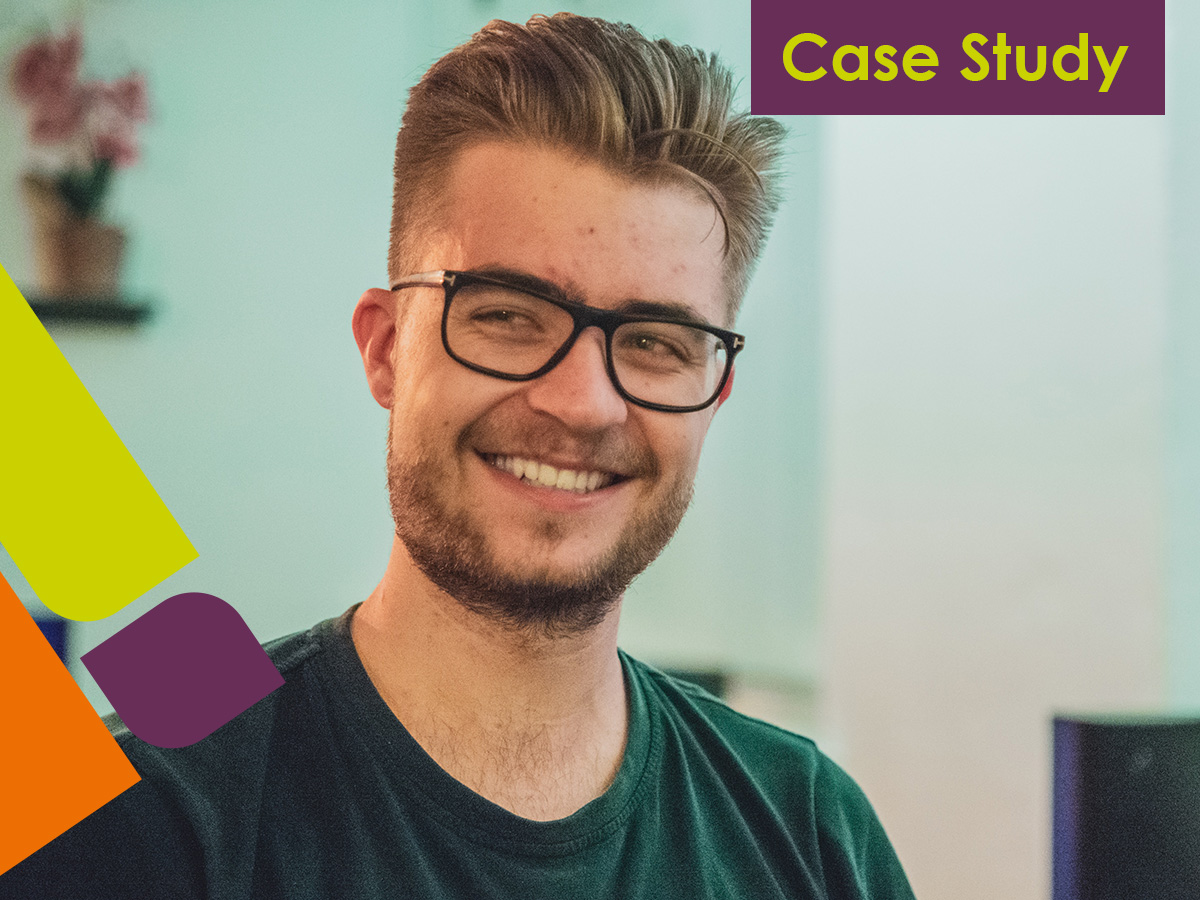
Nathan’s Journey
In this case study read how the team at Cygnet Heathers helped Nathan recover from a traumatic brain injury to ultimately be discharged back into the community.
Careful and innovative interior design using high contrast furniture, recessive lighting and zoned colour ways and floorings reduce the frustrations and confusion our service users will be dealing with resulting in an overall reduction of risk.
Cygnet Heathers is located in Great Bridge near Birmingham, which offers easy access to shops, local libraries, community centres and parks. A perfect blend of real life settings further supporting rapid recovery.
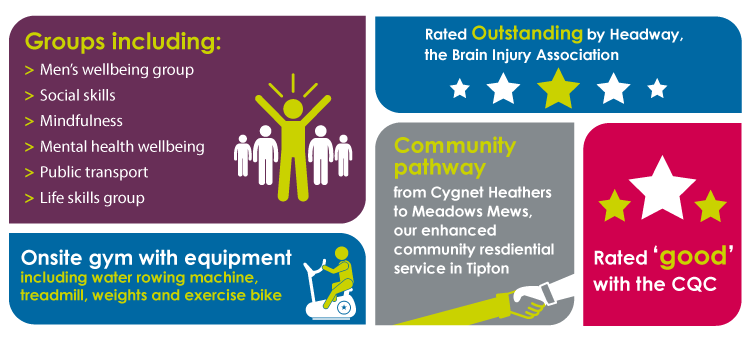
Our ethos and physical environment are informed by a Total Communication Environment approach. Zoned colour ways, advanced picture navigation systems, contrast furniture and other visual cues are used to provide predictability and consistency and reduce confusion for our service users.
We are also able to support admissions for assessment; with a proposed length of stay of 3-6 months, we can work with service users and their teams to determine the individual’s needs and identify a suitable care pathway.
“I cannot believe how amazing a gentleman he is now compared to when he was first admitted to Cygnet Heathers, I didn’t think that such a positive change to his presentation and quality of life could be achieved.”Commissioner
Educational and vocational support is key to service users’ recovery, and programmes are tailor-made for individuals, drawing on a variety of external resources.
Our service user centred approach puts the individual at the centre of their own discharge planning. With the right support and our innovative and proactive rehabilitation environment, our aim is to support service users to return to the community or another suitable care pathway placement.
Service User Profile
- Diagnosis of:
- Established or suspected acquired or traumatic brain injury, such as hypoxia, stroke, brain tumour, encephalitis
- Established or suspected degenerative brain condition including dementias
- Huntington’s disease or other movement disorders, displaying abnormal movements or restricted mobility
- Alcohol related brain injury / Korsakoff’s syndrome
- Moderate to severe cognitive impairment
- Dysphasia or other communication problems
- Organic psychiatric disorder or organic personality disorder
- May present with challenging behaviour (aggression, utilisation behaviours or sexual disinhibition)
- May present with co-morbid psychiatric disorders including psychoses, autistic spectrum or substance misuse
- May have a forensic history
Our facilities:
- En-suite bedrooms
- Therapy kitchen
- Variety of activity areas
- Dining room
- Lounge
- Garden
Photo Gallery
Please click on the images to enlarge.
